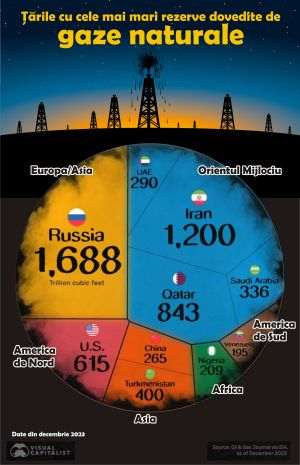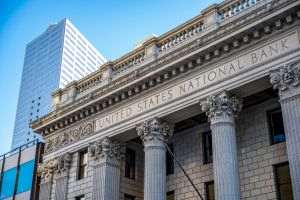In recent years, ecological trends and the fight against climate change have become a central topic on the global agenda, and some financial-banking institutions have decided to play an active role in influencing the lifestyle of their customers, especially individuals, with the aim of reduce greenhouse gas emissions and support the transition to a green economy. Some banks have even launched applications through which they permanently monitor what purchases their customers make and offer them suggestions for a more sustainable lifestyle, as well as the possibility that loan interest rates are influenced by the "green" behavior of each individual, applications through which the relationship between the two sides could transform radically in the near future.
A clear example of these new trends is the British bank NatWest, which has launched a system to monitor the purchases of its customers through an application that tracks the carbon footprint, according to articles published on the websites www.zerohedge.com and www.farminguk .com, but also the way the applications are structured on the www.natwest.com website. According to the sources cited, this system is intended to discourage the purchase of products that generate high carbon emissions, such as red meat and dairy, and promote more environmentally friendly options, such as plant-based products.
The NatWest app issues alerts warning customers that their purchases are contributing to climate change and suggests they replace meat and milk with alternatives such as plant-based milk and tofu. The app also encourages users to adopt "meat-free" days and minimize the consumption of animal products to contribute to the Net Zero goals set by the World Economic Forum.
In addition to eating, the app also promotes other green behaviors, such as buying second-hand clothes, using the clothes dryer less often and taking fewer flights. Customers can opt to receive a "monthly carbon score", which measures their environmental impact based on their consumption behaviour.
• UK farmers oppose the new system
The implementation of such measures has provoked a negative reaction from farmers and certain segments of society, according to the cited sources. In the UK, farmers have raised concerns that the bank is promoting the replacement of traditional products such as red meat and dairy with plant-based alternatives, which could harm the farming industry. The National Farmers' Federation (NFU) has criticized the app's recommendations, saying the message is "oversimplified" and that British agriculture is one of the most sustainable in the world, with significantly lower carbon emissions than the global average.
After meetings with farmers' representatives, NatWest bank officials said they agreed to review the content of the app and take a more balanced approach to food recommendations. The bank also promised to work more closely with the agricultural sector to find solutions that reduce carbon emissions but also support local businesses.
Nevertheless, the experts in the field consulted by the cited sources state that from the current trends derives another possibility related to the way in which banks could, in the future, structure the loans granted to individuals, according to the current model by which international banking institutions such as the Bank The World Bank, the European Central Bank, the European Bank for Reconstruction and Development, the European Investment Bank currently grant loans to legal entities, including large companies, but also to SMEs. Experts told the quoted sources that in the future we can expect bonuses offered by banks to private customers for "green" behaviors to become more common, which could pave the way for the introduction of variable interest rates depending on the ecological impact of each customer.
For example, a customer who significantly reduces their carbon footprint - by purchasing sustainable food, using second-hand clothes, or reducing energy consumption - could benefit from lower interest rates on loans. On the other hand, a less ecological lifestyle, characterized by high energy consumption and unsustainable purchases, could lead to higher interest rates for loans contracted by individuals.
This approach would not only be a way for banks to show their commitment to reducing carbon emissions, but also an economic stimulus tool to encourage behavioral change at the consumer level.
Experts show that with the development of technology, a number of apps have emerged to help customers save money and live more sustainably. For example, NatWest offers apps such as Too Good To Go which connects users with restaurants and supermarkets that have surplus food, offering "magic packs" at discounted prices, helping to reduce food waste, or Vinted, which encourages the purchase of second-hand clothes -hand, reducing the carbon footprint associated with the production of new clothes.
"In this context, banks could encourage customers to use these applications, rewarding them with commission reductions or lower interest rates for sustainable behaviors," the cited sources state.
They conclude that banks are expected to play an increasingly important role in shaping a more sustainable future, and customers are expected to be motivated to adopt a more environmentally friendly lifestyle not just out of conviction, but also for direct economic benefits.














































